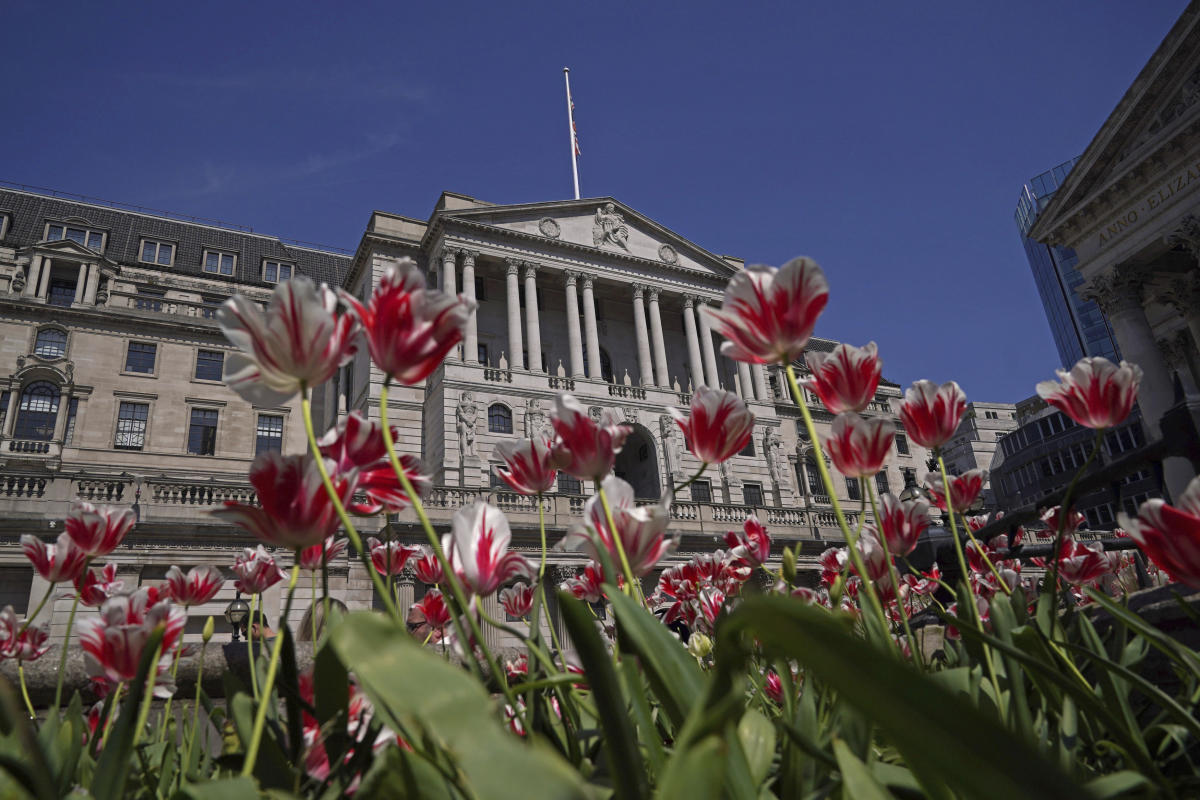On Friday, the markets were shaken by the possibility of an attack by Iran on Israel. Reports suggested that it could happen within the next few hours or days, and US intelligence authorities have also indicated the likelihood of an attack. The attack is believed to be in response to an airstrike on the Iranian embassy in Damascus earlier in April, although Israel has not confirmed its involvement.
In response to the escalating situation, Israel has instructed its citizens on what to do in case of an attack. President Joe Biden has expressed his expectation of Iran striking Israel, which led to nervousness in both the oil prices and stock market. The news caused Brent crude oil prices to rise sharply from just over $90 to over $92 on Friday afternoon before falling back down around $90 in the evening.
The S&P500 index also experienced fluctuations, falling by 1.46 percent as investors grew more cautious about their investments. The Vix index, which measures market volatility, rose by around 25 percent, marking the largest single daily movement in over two years. Interest rates on government bonds fell slightly, with US and German rates decreasing as investors sought safe-haven assets amidst the uncertainty surrounding the potential attack.
The uncertainty surrounding the potential attack has had ripple effects on various financial markets, including gold prices which saw an increase due to investors seeking safe-haven assets. However, despite this uncertainty and volatility in financial markets around the world, it is important for individuals to remain calm and focused on their long-term investment strategies rather than reacting impulsively based on short-term market fluctuations.



